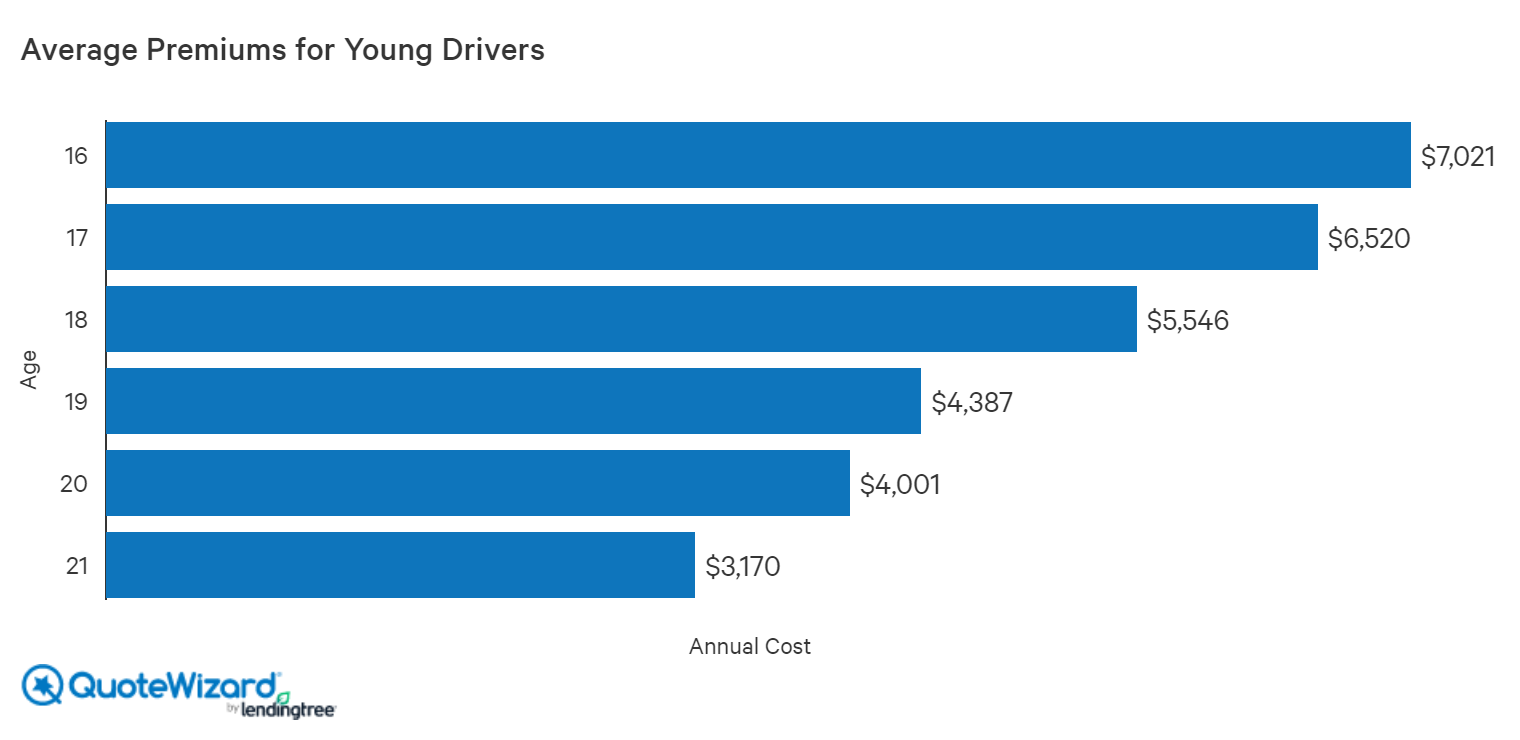A life insurance policy is a contract with an insurer. In exchange for premium payments, the insurer provides a lump-sum payment, referred to as a death benefit, to beneficiaries upon the insured's death. Generally, life insurance coverage is chosen based on the requirements and objectives of the owner. Term pros and cons timeshare life insurance coverage generally provides security for a set time period, while permanent insurance, such as entire and universal life, provides life time protection.
1 There are numerous ranges of life insurance. A few of the more common types are discussed listed below. Term life insurance coverage is developed to offer monetary security for a particular amount of time, such as 10 or twenty years. With conventional term insurance, the premium payment amount remains the same for the protection duration you select.
Term life insurance coverage is normally less expensive than long-term life insurance coverage. Term life insurance proceeds can be utilized to change lost prospective income throughout working years. This can offer a safety internet for your beneficiaries and can also help guarantee the family's financial objectives will still be metgoals like paying off a home loan, keeping a service running, westland financial reviews and spending for college.
Universal life insurance is a kind of permanent life insurance coverage developed to offer life time coverage. Unlike entire life insurance coverage, universal life insurance policies are flexible and might enable you to raise or lower your premium payment or coverage amounts throughout your life time. In addition, due to its life time protection, universal life normally has greater premium payments than term.
All About How Much Life Insurance Should You Have
Another typical usage is long term income replacement, where the requirement extends beyond working years. Some universal life insurance coverage item creates concentrate on providing both death benefit protection and structure cash worth while others focus on providing guaranteed survivor benefit coverage. Whole life insurance coverage is a kind of permanent life insurance designed to offer lifetime coverage.
Policy premium payments are usually fixed, and, unlike term, entire life has a money value, which functions as a cost savings element and may accumulate tax-deferred over time. Whole life can be used as an estate preparation tool to assist preserve the wealth you plan to transfer to your recipients. Income replacement throughout working years Wealth transfer, earnings security and some designs concentrate on tax-deferred wealth build-up Wealth transfer, conservation and, tax-deferred wealth build-up Designed for a particular duration (typically a variety of years) Versatile; normally, for a life time For a lifetime Generally more economical than long-term Usually more expensive than term Generally more pricey than term Normally fixed Flexible Typically fixed Yes, generally earnings tax-free Yes, generally earnings tax-free Yes, usually income tax-free No No2 No No Yes Yes Yes, Fidelity Term Life Insurance Coverage3 Yes, Universal Life Insurance, mostly concentrated on survivor benefit protection No, traditional Whole Life Insurance coverage is not presently used Insurance providers utilize rate classes, or risk-related classifications, to identify your premium payments; these classifications do not, however, impact the length or amount of protection.
Tobacco use, for instance, would increase danger and, therefore trigger your premium payment to be greater than that of someone who doesn't utilize tobacco.
Life insurance coverage is an agreement in between an insurance company and a policyholder in which the insurer assurances payment of a death advantage to called recipients when the insured passes away. The insurance coverage business assures a death benefit in exchange for premiums paid by the policyholder. Life insurance is a legally binding agreement.
The Facts About How To Sell Life Insurance Successfully Uncovered
For a life insurance coverage policy to remain in force, the policyholder must pay a single premium in advance or pay routine premiums in time. When the insured passes away, the policy's named beneficiaries will get the policy's stated value, or survivor benefit. Term life insurance policies expire after a specific number of years.
A life insurance coverage policy is just as great as the monetary strength of the company that issues it. State guaranty funds may pay claims if the provider can't. Life insurance coverage offers monetary support to making it through dependents or other beneficiaries after the death of a guaranteed (how much is a unit of colonial penn life insurance?). Here are some examples of individuals who may need life insurance coverage: Click here to find out more If a parent passes away, the loss of his or her earnings or caregiving abilities might create a financial challenge.
For children who require lifelong care and will never be self-dependent, life insurance can make sure their requirements will be met after their moms and dads pass away. The survivor benefit can be utilized to fund a special needs trust that a fiduciary will handle for the adult kid's advantage. how to find a life insurance policy exists. Married or not, if the death of one grownup would imply that the other could no longer afford loan payments, upkeep, and taxes on the home, life insurance coverage may be a great idea.
Many adult kids sacrifice by taking time off work to look after an elderly parent who requires help. This assistance might also consist of direct financial backing. Life insurance can assist repay the adult kid's costs when the parent passes away. Young adults without dependents hardly ever require life insurance, but if a parent will be on the hook for a kid's debt after his/her death, the kid might desire to carry adequate life insurance to settle that financial obligation.
What Is The Difference Between Whole Life Insurance And Term Life Insurance - An Overview
A 20-something adult may purchase a policy even without having dependents if there is an expectation to have them in the future. Life insurance can supply funds to cover the taxes and keep the amount of the estate undamaged.' A small life insurance coverage policy can supply funds to honor a loved one's death.
Instead of selecting between a pension payout that provides a spousal advantage and one that doesn't, pensioners can choose to accept their complete pension and utilize a few of the money to purchase life insurance coverage to benefit their spouse. This method is called pension maximization. A life insurance policy can has two primary components - a death advantage and a premium.
The survivor benefit or stated value is the amount of money the insurer ensures to the beneficiaries identified in the policy when the insured dies - how long do you have to have life insurance before you die. The guaranteed may be a parent, and the recipients may be their children, for example. The guaranteed will pick the preferred survivor benefit amount based on the beneficiaries' projected future requirements.

Premiums are the cash the insurance policy holder pays for insurance. The insurer should pay the survivor benefit when the insured passes away if the insurance policy holder pays the premiums as required, and premiums are identified in part by how likely it is that the insurance provider will need to pay the policy's survivor benefit based upon the insured's life expectancy.
The Single Strategy To Use For What Kind Of Special Need Would A Policyowner Require With An Adjustable Life Insurance Policy?
Part of the premium also goes toward the insurer's operating costs. Premiums are higher on policies with larger survivor benefit, people who are greater risk, and long-term policies that accumulate money value. The cash value of irreversible life insurance serves 2 functions. It is a cost savings account that the policyholder can use during the life of the insured; the cash accumulates on a tax-deferred basis.

For instance, the policyholder may take out a loan against the policy's money worth and need to pay interest on the loan principal. The insurance policy holder can likewise use the money value to pay premiums or purchase extra insurance. The cash worth is a living advantage that remains with the insurance provider when the insured dies.